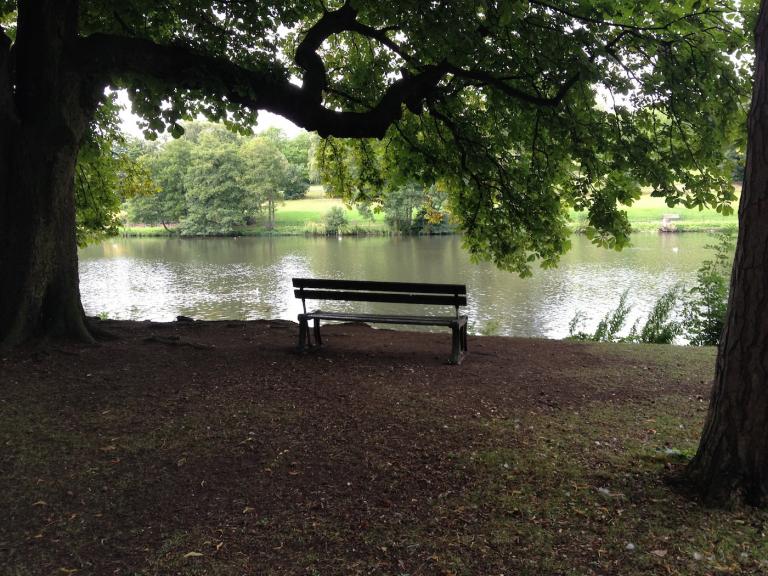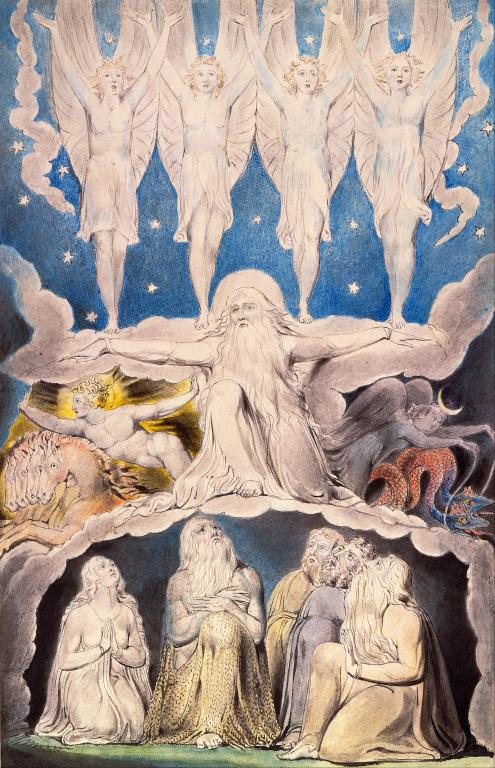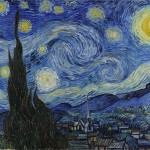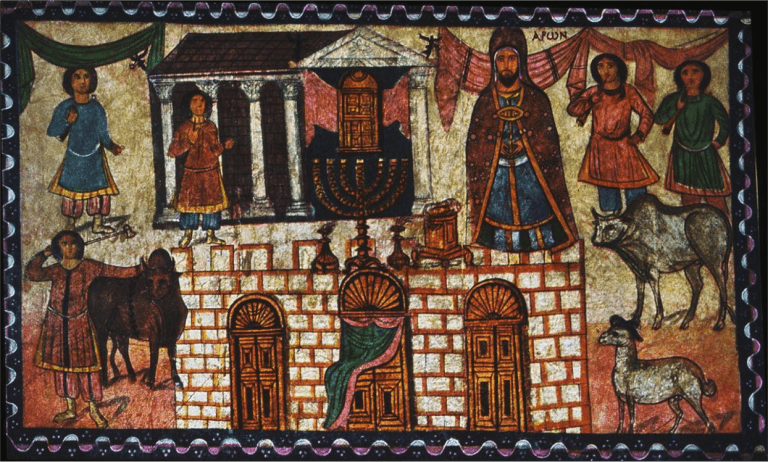David Russell Mosley
5 September 2013
On the Edge of Elfland
Beeston, Nottinghamshire

Dear Friends and Family,
Today I’m sitting outside, smoking my pipe, enjoying the wind on my face and my thoughts turned to my last post on the importance Faerie and Fantasy in the Christian Theology. I didn’t come to the importance of fantasy literature and today I’ll only touch on it lightly. What is more on my mind is the importance of poetry.
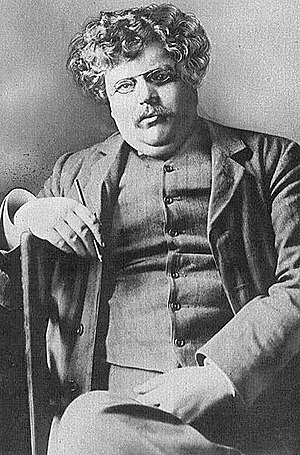
I think I’ve always associated poetry with faerie in my own mind, good poetry anyway. Poetry describes the world, ourselves, love, loss, pain, suffering, mystery, the supernatural, the philosophical, it, like Faerie, encompasses the whole world. Chesterton once wrote that while the Romantic poets wrote about Nature, describing their interactions with her, describing their impressions of trees, mountains, lakes, flowers, people it was the ancients and Medievals who truly understood nature. They peopled it with naiads and dryads, elves, fairies, giants, trolls, they saw that Nature, the sister she is to us, has a soul. They may have gotten it wrong from time to time, making it too much like us, fallen and broken in the same ways, but they understood that Nature is a creature just like us. Chesterton didn’t eschew the works of the Romantics, he merely pointed out that the Medievals and ancients also knew Nature even if they didn’t spend as much time describing their impressions of her.
In theology we need a return to poetry. Poetry as a word has its roots in a Greek verb, poieeo. It means to create. This is the kind of creation God does in creating our world. It is not inappropriate then, though perhaps anachronistic, to refer to God not only as Creator, but as Poet, the Poet and all our poets and poetry exist only insofar as they participate in the Poet and his acts of poetising, that is creating. Not only this, but God is also the Theo-poet, he is the god-creator, the deifier. He created this great Poem, Creation, in order to turn it into a Theo-poem, a created god. He does this through his coming into the Poem in the Incarnation and his Indwelling the Poem through the Holy Spirit in us in a special way and the rest of Creation in another. If all this is true we must have a return to poetry in theology.

The greatest theologian, or at least the only one outside of St John, who is called the Theologian in both East and West is Gregory of Nazianzus, or Gregory the Theologian. But Gregory the Theologian was also Gregory the Poet. Gregory understood the need for humans, theo-poems in the making, to create, to poetise. J. R. R. Tolkien also understood this when called humans sub-creators, and the writing of fantasy, which is the creation of little worlds of our own, sub-creations. This is an inherent part of our Tradition. We ignore it to our detriment.
We must return to Elfland, we must write poetry, we must create worlds because in doing so we participate in the Poet, we add to the Poem in a way that only we, human beings, theo-poems, can. It is through us that all Creation will be reunited to God. And while we cannot accomplish this task fully ourselves, while only Christ, who is both Poet and the first-fruits of the Theo-poem, can bring this about, we have our parts to play as well. Let us not neglect them. Let us write poetry once again.
Sincerely yours,
David Russell Mosley
Related articles
- Faeriean Metaphysics: Why Faerie and Fantasy Matter in Christian Theology (elflandletters.wordpress.com)


